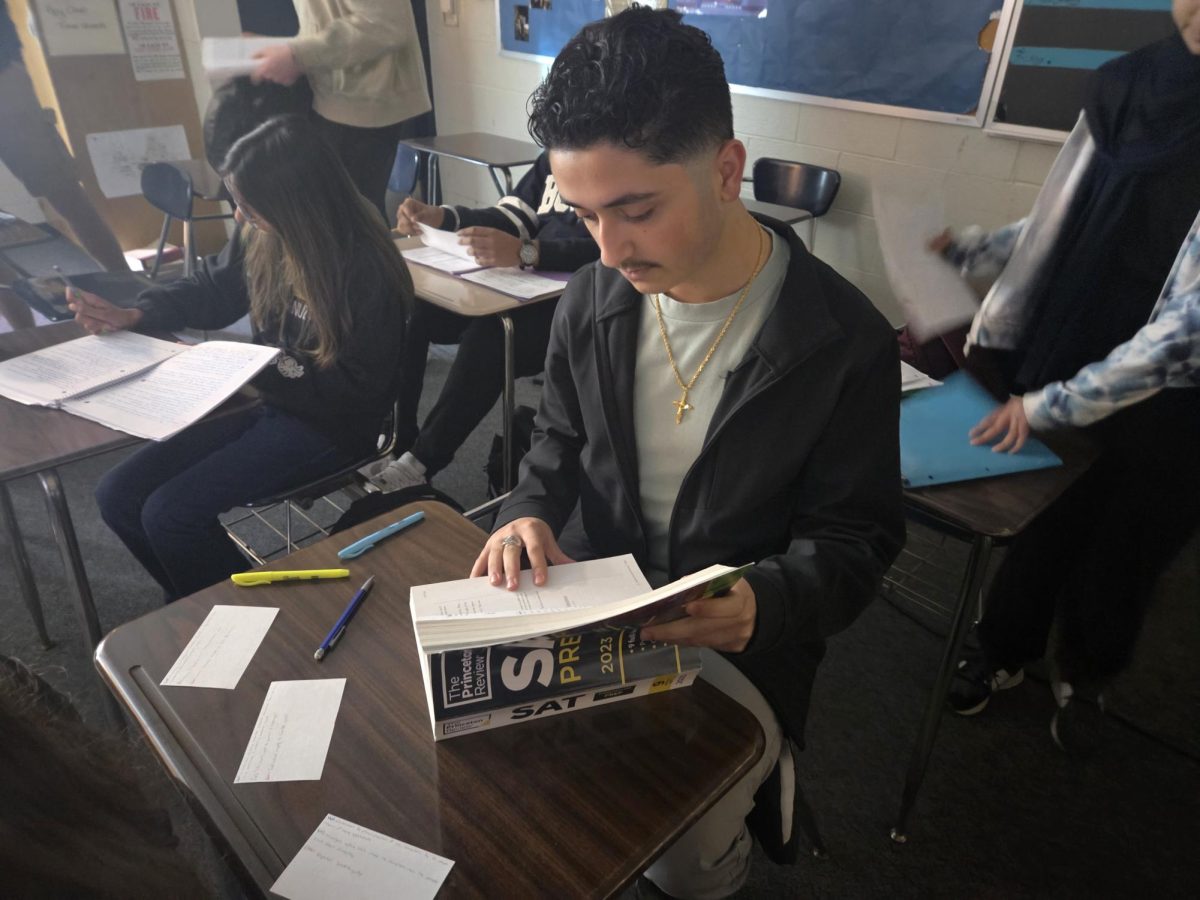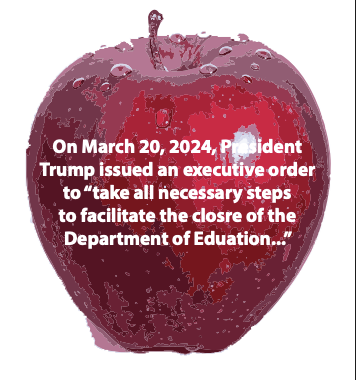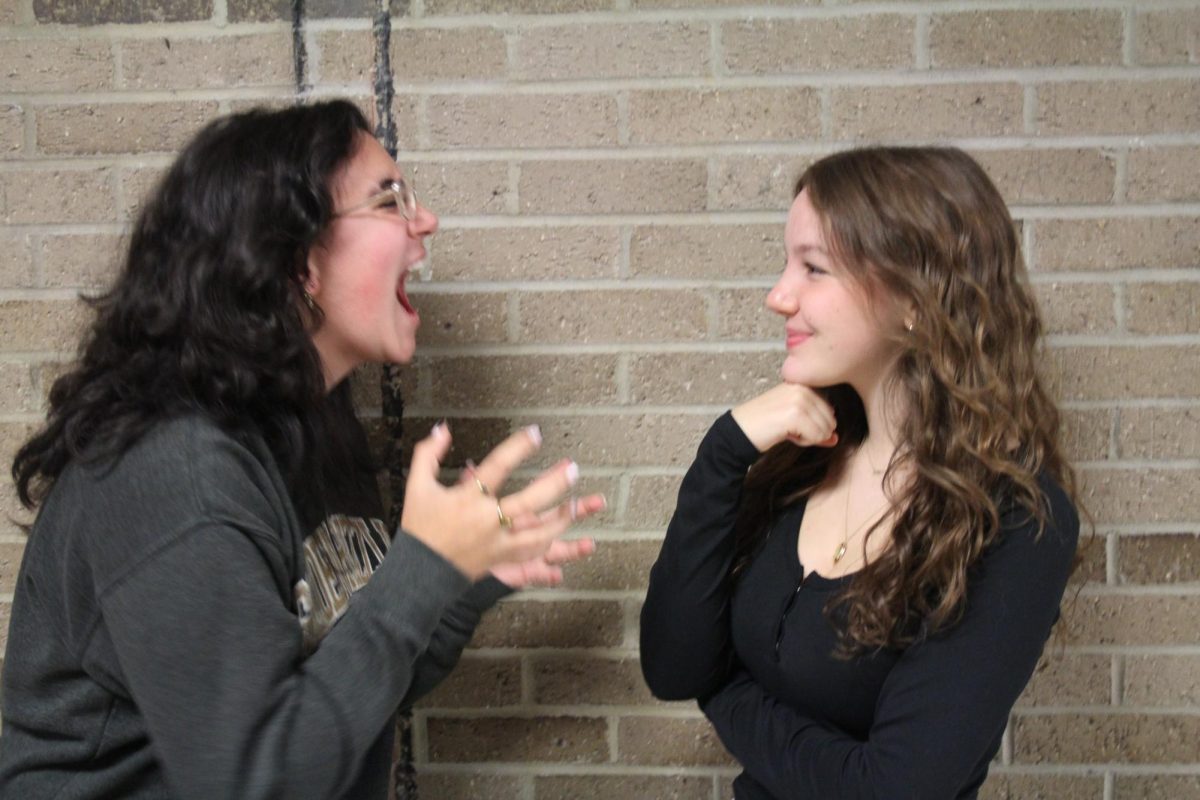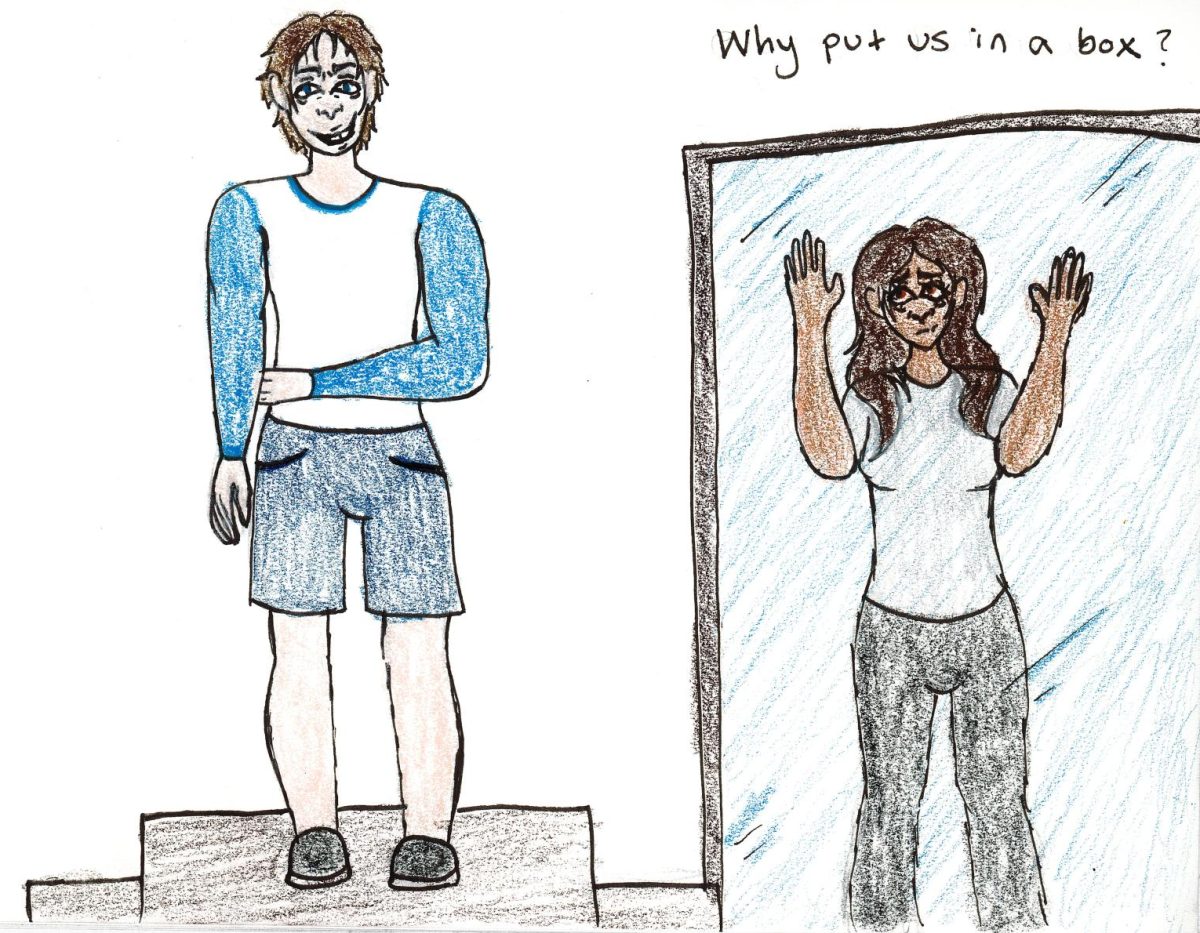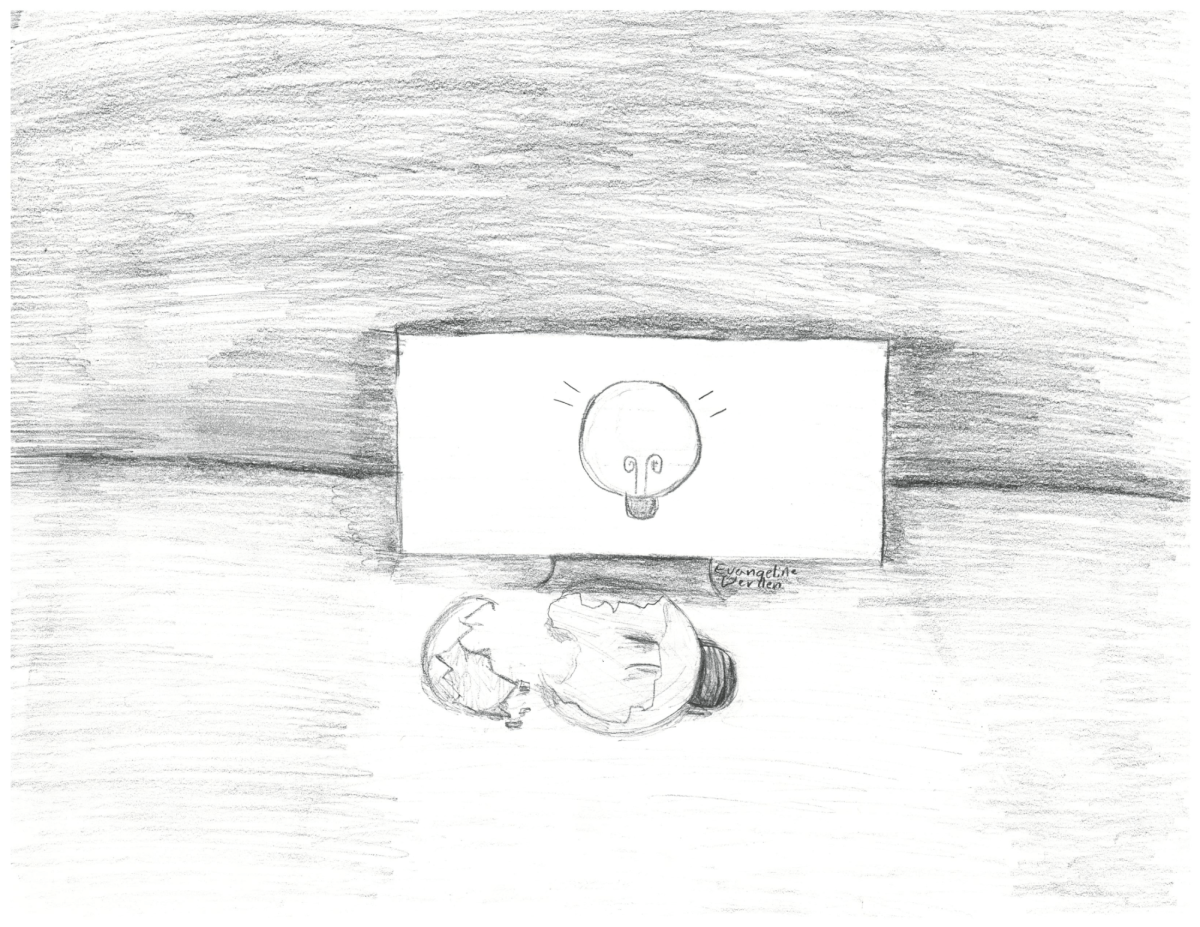Many teachers vary in different styles of learning, whether it be lecture-based, problem-based or visual. These styles of learning can change how a student interacts with education as a whole.
Students can be impacted negatively by learning styles that give them trouble to engage themselves fully in the learning environment, disenfranchising them completely and causing them to neglect their grades and scores from a lack of morale, not because of their own intellect.
While this is not necessarily the fault of the teacher, the blame can be fixed on how schools are run as a whole. Schools often neglect students who undergo difficulty understanding a learning environment they are clearly not suited for.
We at the Vanguard believe schools should cater to an environment where a student fits in best. Schools should enact this by offering a way for students to get into classes where they know their abilities can be maximized.
Not catering to a student’s needs can lead to disastrous consequences down the road. Being turned away from learning at a young age can cause disruptions in adulthood, becoming disruptive, and unwilling to follow through instructions.
Yet, schools believe the issue lies deeper than that. Test score results have been on the decline for years now, with schools believing the causes for this being cellphones or lack of interest, those are only results of how learning environments have pushed them away from caring about education at a young age.
The core of the issue cannot be fixed at the high school or middle school level, as it would be too late to be able to shape a student’s mind at these stages.
The possible fix to the issue rests in elementary schools. Elementary schools should completely flip the way they operate, moving towards multiple pathways for students at that age to go into for students to be engaged in the learning atmosphere and find their own way of understanding, rather than a set curriculum covering all students and forcing them to get into line.
While this would be a lengthy solution, it would result in a lasting effect on how students will face education if we care about catering to them at an early age.
Starting early is essential for the development of children for anything, especially education. Changing the approach that many schools have by having every child learn the same way has to be changed.
Schools should reform their curriculum to find a way for young children to be fully engaged with education, setting them up for success, and being able to adapt to going into higher grades by already being active in education.
Having students already engaged can change the way they interact with different styles of teaching in high school, where the issue of lack of care impacts test scores, and therefore, the funding a school gets.
Funding leads directly to how a school can educate its students; more funding being able to afford more teachers to teach their own qualified courses, such as AP classes, instead of relying on teachers who have little knowledge of a course.
Having teachers who aren’t familiar with a subject (or an advanced course) can change a student’s attitude to learning, making them disengaged and unwilling to listen to their teacher.
This can spill into other classes and cause general disinterest in learning as a whole. Schools and districts need to understand this is the root of the issue, not that students are doing it intentionally, but are underperforming subconsciously due to how they perceived education at a young age.
The fix is simple and effective, supplanting the idea of the importance of education via catering to a child’s interest and changing the style of how they present information is critical to having students be engaged, through all age ranges.
Students across all age ranges struggle now with low attention spans as well. Teachers must figure a way to keep students engaged due to this unfortunate reality, lecturing their children won’t be as effective anymore as students alike agree that hearing an endless lecture on any topic, they aren’t interested in wouldn’t have their attention.
Solutions can be broad, but simply having engaging activities such as group activities, games, or disguising a lecture as something that is easily palatable to students who dislike hearing it can be effective ways to engage students and have them begin to learn on their own terms. This way, Students can leave school with a positive experience.

